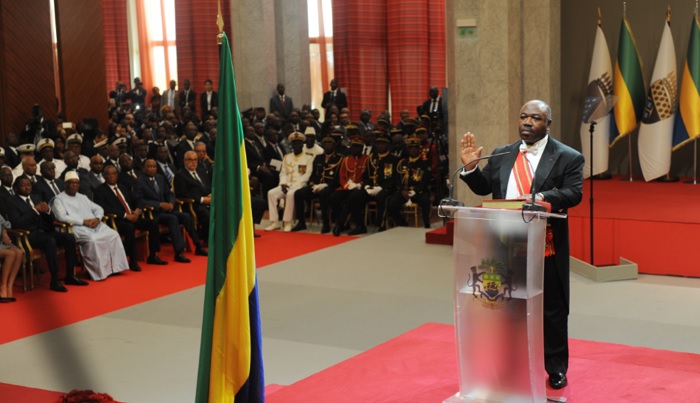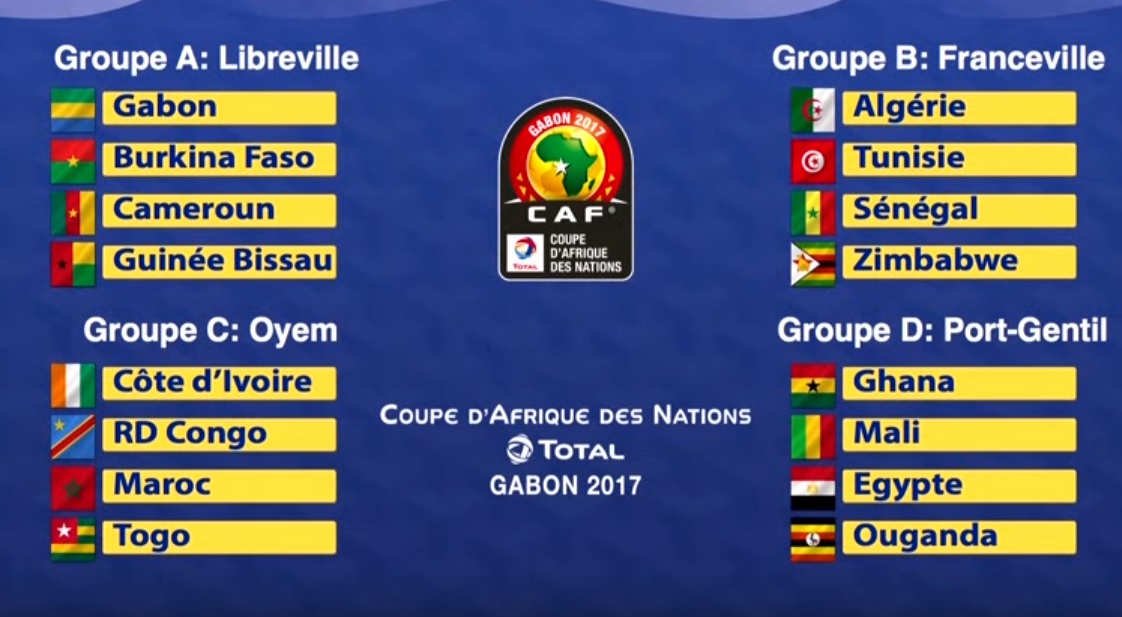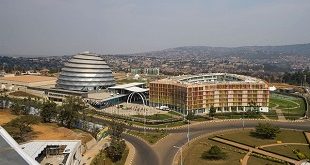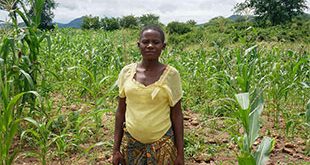
Fans of Group D, which comprises Egypt, Ghana, Uganda and Mali, will have to travel by boat or plane to the centre of the country’s oil and timber industries.
Libreville, Gabon | AFP |
Gabon insists it is ready to host the African Cup of Nations despite concern about the state of preparations amid political instability just one month ahead of the opening ceremony.
The CAN is due to run from January 14 to February 5 next year but was thrown into doubt after violence broke out following President Ali Bongo’s controversial re-election in August.
Call for Africa’s showcase football tournament to be moved to a different country were heard following rioting after the vote whose outcome is still contested.
Four cities will host the tournament and unrest was reported in at least two of them including Oyem, the northern city close to Cameroon, where delays in work on the football stadium are causing problems.
In September, Sports Minister Nicole Assele expressed her “concerns” when visiting the new stadium where the group made up of African champions Ivory Coast, Morocco, the Democratic Republic of Congo and Togo will play.
Assele was left in doubt over the “finishing of the changing rooms, the lifts and the exterior of the stadium”, while Gabon daily newspaper L’Union, which covered her visit, reported that the stadium had yet to be connected to electricity and running potable water.
The newspaper published a photo on Monday showing the stadium’s patchy grass covering, with a caption saying: “Given the holes in certain parts, there’s still work to be done to make it a quality pitch.”
Groundsman Jean-Daniel Ndong Nze, a former professional player, explained that his team were adding sand to reinforce and level out the pitch.
Another group made up of Algeria, Tunisia, Zimbabwe and Senegal will be based in Franceville, where minister Assele said the stadium is well prepared and “ready for kick-off.”
Also in Libreville, the Amitie stadium should be operational for the two opening day matches (Gabon-Guinea Bissau, Cameroon-Burkina Faso) on January 14.
However the fourth host city, Gabon’s main seaport, Port-Gentil, presents logistical and other challenges for the organisers because it is an island with no bridge connecting it to the mainland.

That means fans of Group D, which comprises Egypt, Ghana, Uganda and Mali, will have to travel by boat or plane to the centre of the country’s oil and timber industries.
The new 20,000-capacity stadium has just been completed and the pitch is set to be tested in a match on January 5, only 12 days before Ghana take on Uganda and Egypt face Mali there.
The mayor has deployed road and gutter cleaning crews in a city where hundreds of workers in the oil industry have been laid off and where post-election violence erupted in September.
Port-Gentil represents a reliable political barometer of Gabon, where Bongo’s reelection has been rejected by opposition leader Jean Ping, who claims the president’s victory on August 27 was obtained through vote fraud.
Four days later, violent, deadly clashes erupted as demonstrators set parliament ablaze and clashed with police, who made a thousand arrests.
“The African Cup of Nations will change nothing in our daily life,” moaned 37-year-old Jean-Yves, a mechanic who’s been unemployed for three years.
“The crisis is still ongoing. The tournament will not feed those who are hungry. The millions spent on the stadium could have been used to finance projects.”
Two political activists have called for the ‘boycott and sabotage’ of CAN if it is not moved from Gabon “to a more stable country”.
“The four host cities, Libreville, Franceville, Port-Gentil and Oyem have experienced the largest backlash against the rigged declaration of Ali Bongo Odimba as president,” the activists, Marc Ona Essangui, of Gabon, and Frenchman Laurent Duarte, claimed in their public letter to African Football Confederation (CAF) boss Issa Hayatou.
“The bloody repression of the population and the current instability in the country means the continent’s major sporting event must be moved to another country.”
Last month CAF said it had no plans to switch the event from Gabon, named hosts after Libya were stripped of its right in the wake of violence and instability breaking out in the north African country following the overthrow of Muammar Gaddafi.
 The Independent Uganda: You get the Truth we Pay the Price
The Independent Uganda: You get the Truth we Pay the Price



